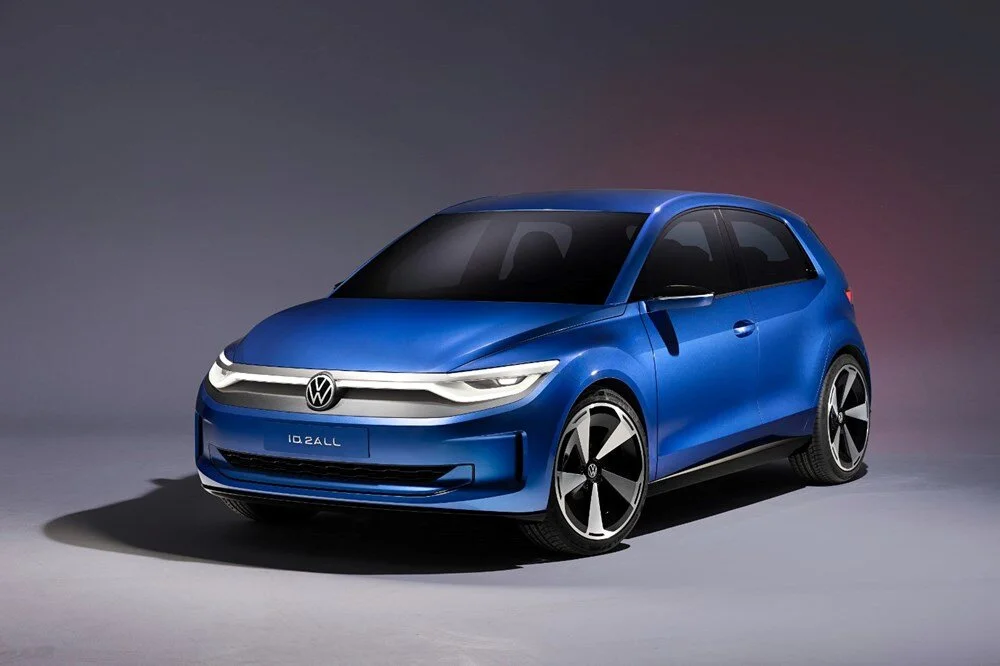Volkswagen, a renowned car manufacturer, is facing challenges at its largest electric vehicle (EV) plant in Zwickau, Germany. Due to weaker demand for certain EV models, the company has had to adjust its production strategies. This situation reflects broader trends in the EV market and raises questions about the future of electric mobility.
The plant also encountered supply issues for the AP550 electric motors
The Zwickau plant, pivotal in Volkswagen’s EV production, recently reduced its output. This decision was driven by a decline in demand for models like the Volkswagen ID.3 and Cupra Born. Additionally, the plant encountered supply issues for the new APP550 electric motors, causing a halt in the production of popular crossover/SUV models.

This development is significant for a couple of reasons. First, it shows the volatility in the EV market. Consumer preferences can shift rapidly, and manufacturers must be agile to adapt. Volkswagen’s experience underlines the need for flexibility in production planning and the importance of closely monitoring market trends.
Second, the situation at Zwickau hints at the competitive pressure from other EV manufacturers. The rise of Tesla’s production in Europe, coupled with the influx of electric cars from China, is reshaping the landscape. Traditional car manufacturers like Volkswagen must innovate and possibly rethink their strategies to stay competitive.
Despite these challenges, Volkswagen’s commitment to electric mobility is pretty impressive. The Zwickau plant’s reduced production is a temporary setback, not a defeat. It’s an opportunity for Volkswagen to reassess and realign its strategies with the evolving demands of the EV market. The company’s ability to navigate these changes will be crucial as it seeks to maintain its position as a leader in the transition to electric vehicles.
RELATED:
- Have a Look at this Electric Volkswagen Beetle Powered by Tesla’s Batteries
- Volkswagen and Vivo collaborate on smart car connectivity
- Best Baby Monitors of 2023: Wyze, Nanit, Eufy and more
(Via)







